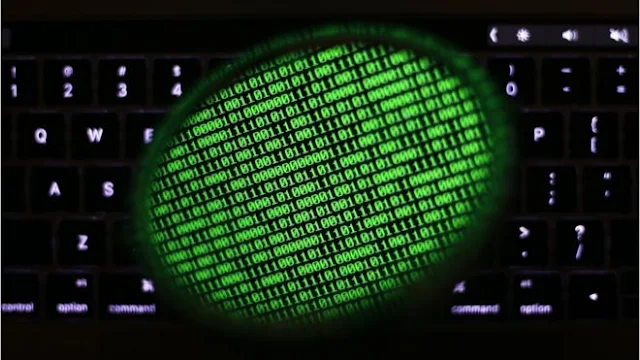A US warship has sailed close to a disputed island in the South China Sea claimed by China.
The USS Stethem sailed within 12 nautical miles of Triton Island, which is part of the Paracel Islands.
China called it "a serious political and military provocation" and responded by dispatching battleships and fighter jets to the island.
The incident happened just before leaders of the two countries were due to speak over the phone.
The US has repeatedly warned China against aggressive reclamation of islands in disputed waters, but Beijing says is within its sovereign rights to do so.
UN rules dictate that any territory can claim the waters up to 12 nautical miles from its coast. The sailing of a US ship within those limits would mean the US does not recognise those territorial claims.
In a statement late on Sunday, China's foreign ministry said it would take "all necessary means to defend national sovereignty and security".
It also accused the US of "deliberately stirring up troubles" in the region as China and South East Asian neighbours have "cooled down and improved the situation".
The tiny island is also claimed by Vietnam and Taiwan. China has been embroiled in maritime disputes with several of its regional neighbours in recent years.
The so-called "freedom of navigation" operation is the second since US President Donald Trump took office. Mr Trump is due to speak to his Chinese counterpart Xi Jinping in a pre-arranged call on Monday.
In May, the USS Dewey sailed less than 12 nautical miles from an artificial island built by China called Mischief Reef, which is part of the Spratly Islands.
US Defence Secretary James Mattis said a few days later that the US would not accept China's militarisation of man-made islands in the region.
What is Freedom of Navigation?
- The US Freedom of Navigation programme challenges "excessive claims" to the world's oceans and airspace
- It was developed to promote international adherence to UN maritime rules
- The US State Department says the programme operates through diplomacy, "operational assertions" by the US military, and consultations with other governments
- In past years, the US conducted Freedom of Navigation operations against China, Malaysia, the Philippines, Taiwan, and Vietnam
Rival countries have wrangled over territory in the South China Sea for centuries, but tension has steadily increased in recent years.
Its islets and waters are claimed in part or in whole by Taiwan, China, Vietnam, the Philippines, Malaysia and Brunei.
Beijing has been building artificial islands and military facilities on reefs, while also carrying out naval patrols in waters also claimed by these other nations.
Its activities have sparked accusations of militarisation, but China says the facilities are for civilian and defence purposes.
- Sovereignty over two largely uninhabited island chains, the Paracels and the Spratlys, is disputed by China, Vietnam, the Philippines, Taiwan and Malaysia
- China claims the largest portion of territory, saying its rights go back centuries . It issued a map in 1947 detailing its claims, but only recently began asserting its rights
- The area is a major shipping route, and a rich fishing ground, and is thought to have abundant oil and gas reserves
- BBC NEWS












